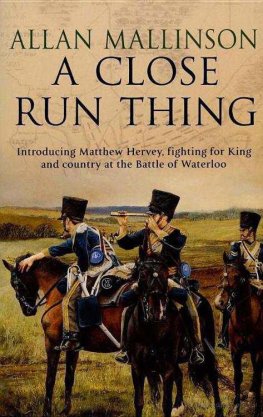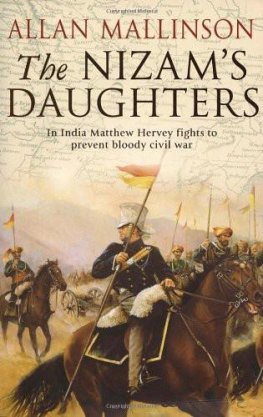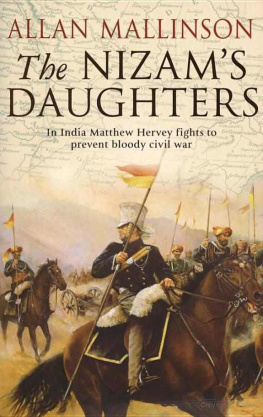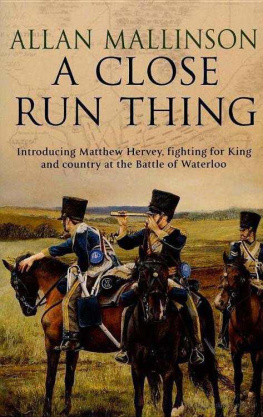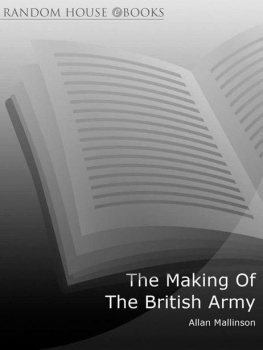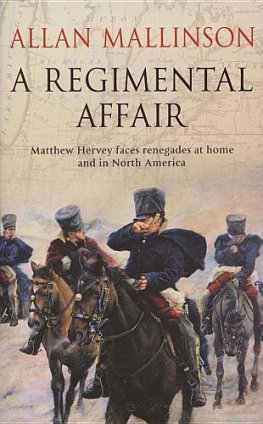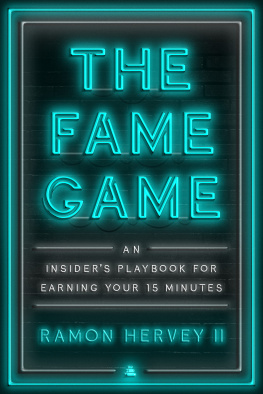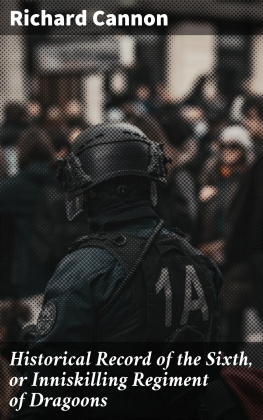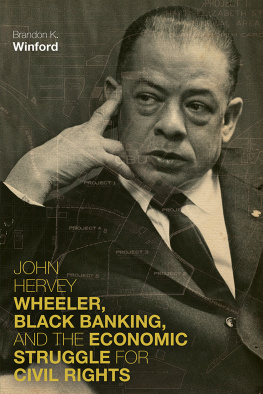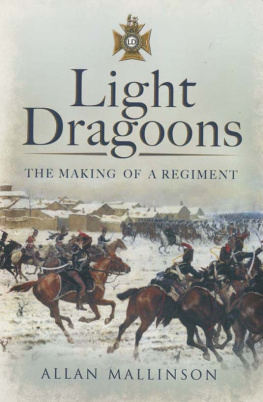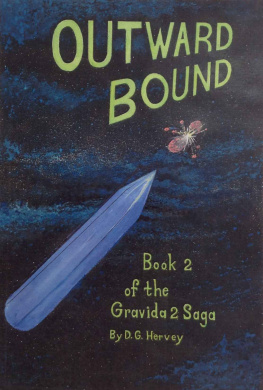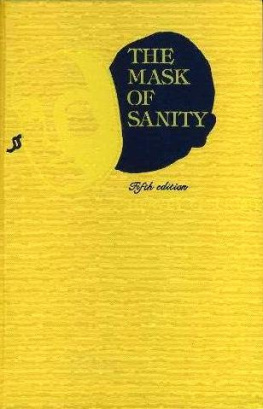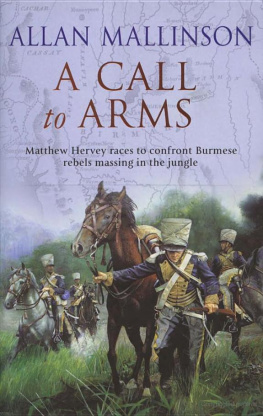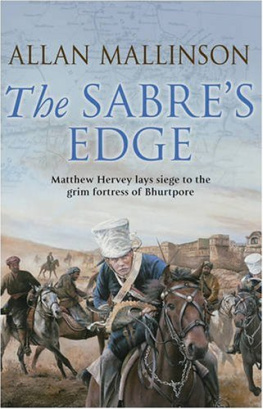ALLAN MALLINSON
A CALL TO ARMS
In 1819 some 64,000 officers and men all regulars were stationed in Britain for domestic security, which meant, since the possibility of invasion had receded beyond imagination, for law and order. But after 1819 the threat of major disorder of revolution, even receded too, and by 1825 the number of troops in Britain had fallen to 44,000. Financial retrenchment generally was the order of the day. The army estimates in 1815 had been 43 million; in 1829 they were less than a quarter of that, and by the end of the decade they had fallen even further, for by then the army was less than half the size of its high point at the time of Waterloo. And yet, as today, the army found itself called on to do more, not less, as imperial commitments began to mount.
I have been surprised by remarks by otherwise kind reviewers on the question of what Captain Matthew Hervey and the 6th Light Dragoons would find to do after Waterloo, the inference being that the world was at peace. The answer, then as today, is that the British army is never at peace. Not one year has gone by since that great battle without a British soldier dying by hostile hand. No other army in the world, save perhaps that of India, can claim such a testimony. The army of today has been shaped over a long age, and some of the most important shapers have been small wars in distant places. They gave British officers and NCOs the habit the unrivalled habit of decision-making and responsibility at junior level; in other words, of command.
But the lessons were sometimes learned hard. The memory of victory over the French was like a dead hand at the Horse Guards as far as reform and innovation were concerned. In the colonial engagements of the three decades after Waterloo, superior British discipline and firepower the same musket volleys as at Waterloo were enough to see off the enemy. In the one arena that might have tested the armys readiness for large-scale war India jealousies and assumptions of innate superiority led to a general despising of Indian experience, for which the army was to pay dearly in the Crimea, and, indeed, in India itself at times.
So where did Hervey and his brother officers of the post-Waterloo army blood their swords, or at least draw them? In A Regimental Affair we saw the Sixth at police work in the Midlands to counter Luddite and nascent Chartist violence, and then in British North America in the wake of the War of 1812, where fear of territorial aggrandizement by the United States tied down 5,000 troops for years to come and saw a costly programme of fortifications and canals. And although Anglo-American relations developed harmoniously for the most part, there were periodic disputes and indeed the occasional rebellion in Canada itself. The settlements in Africa, at the Cape and the Gold Coast, drew the army into action in the 1820s and 30s; there were flare-ups throughout the Caribbean; expanding trade led to conflict with China; the troubles between settlers and Maoris in New Zealand were to occupy 18,000 troops at one point. Small wars in distant places. The sun never set on the British army.
And throughout, there was India, where an increasing number of Kings (and later Queens) regiments was needed to supplement the largely native army of the Honourable East India Company. And if it is true that, for the most part, all these distant imperial commitments were those of, in the Duke of Wellingtons words, the best of all instruments, British infantry (in the 1820s and 30s up to seventy-five per cent of the British infantry were stationed abroad or were in transit), nowhere was the mounted arm more valuable than in the presidencies of Bombay, Madras and Bengal, where speed of response could pay dividends out of all proportion. I commend the essay on soldiery in this period by Professor Peter Burroughs, co-editor of the Journal of Imperial and Commonwealth History, in the Oxford Illustrated History of the British Army. It gives a sobering picture of the conditions of service for the men whom, later, Kipling would call beggars in red.
I am as usual indebted to several people in this, the fourth of my cavalry tales, and I am very fortunate that they remain the same people as before. I record here my continuing and sincere appreciation of their enthusiasm, patience and wisdom. I would make particular mention, this time, of Anthony Turner, who has worked on each of the manuscripts in the series. I am especially grateful for his keen and questioning eye.
And so, after the simple certainties of the Napoleonic Wars, and the year or two that it took for the Congress of Vienna to establish the new world order, we begin to observe how officers young and old had to settle to the new reality, just as they had to do in the decade that followed the end of the Cold War. Prospects for promotion were blighted, they knew; the army was not the place it was. Yet somehow these men carried the day in battles around the globe. But then, as in the aftermath of the Cold War, it was not so much the army that pulled them through as that accidental act of genius, the regiment: in 1817, Captain Matthew Hervey had left the army not by submitting his resignation to the Horse Guards, but by writing to the colonel of the 6th Light Dragoons, and then by sending his regimental commission to the Sixths agents to be sold on. That was the regimental system.
CURSE GOD, AND DIE
He swalloweth the ground with fierceness and rage: neither believeth he that it is the sound of the trumpet.
He saith among the trumpets, Ha ha; and he smelleth the battle afar off, the thunder of the captains, and the shouting.
The Book of Job
An old, mad, blind, despised and dying king;
Princes, the dregs of their dull race, who flow
Through public scorn, mud from a muddy spring;
Rulers who neither see, nor feel, nor know,
But leech-like to their fainting country cling,
Till they drop, blind in blood, without a blow;
A people starved and stabbed in the untilled field;
An army, which liberticide and prey
Makes as a two-edged sword to all who wield;
Religion, Christless, Godless a book sealed;
A Senate, Times worst statute unrepealed;
Are graves, from which a glorious Phantom may
Burst to illumine our tempestuous day.
Percy Bysshe Shelley
Sonnet: England in 1819
CHAPTER ONE. CONDUCT UNBECOMING
The cavalry barracks, Hounslow, October 1818
The regiment will form hollow square! First and Third Squadrons, at the halt, left and right form!
A hundred and eighty dragoons in double rank began the manoeuvre that would transform the parade from extended line into a military amphitheatre. The time-beaters of the regimental band, and all the brass and woodwind, could not muffle the crunch of gravel and the ringing of spurs. Bonnie Nell, the Sixth marched to this morning. Herr Hampers choice of music was always enigmatic: a year ago they had paraded for Private Hopwoods flogging to the strains of Seventeen Come Sunday. Indeed, there were many on parade this fine autumn morning who were minded of that day, the last time the regiment had formed hollow square.
Standfast Number Two Squadron. Remainder, inwa-a-ards, dress! The regimental serjeant-majors voice echoed about the barracks as if he were shouting from a dozen places at once.
Heads and eyes in the flank squadrons shot right or left, boots shuffled forwards and rear, until the ranks were straight and aligned with the left and right markers of Second Squadron.
The RSM turned right about, advanced ten paces and halted in front of the major, saluting sharply with his right hand. Sir, there are two hundred and eighty-five men on parade, sir!


